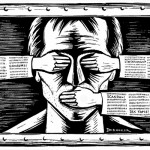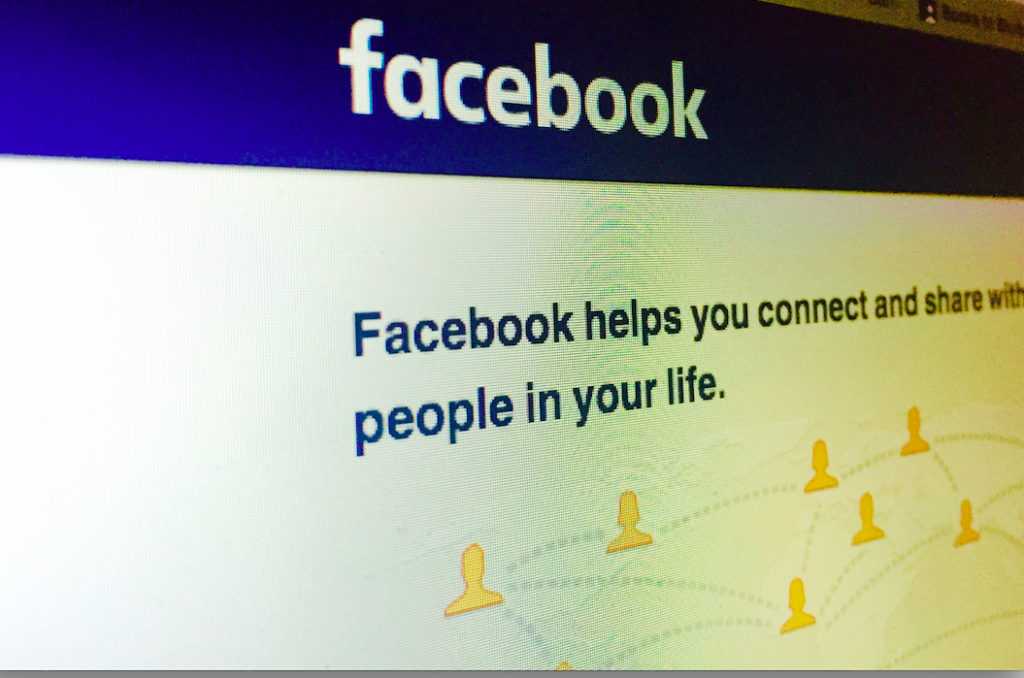This month’s issue of The Atlantic came with a provocative cover story, entitled “The Coddling of the American Mind.” It is an incisive look at a contemporary trend, particularly within higher education, to insulate young millennials from ideas and behavior they might be personally offended by. This trend, which has been thoroughly documented and analyzed elsewhere, goes far, far beyond the boundaries of politeness and sensitivity. In many cases it has led to a quasi-religious liturgy of personal offense. An excerpt from Greg Lukianoff and Jonathan Haidt’s piece:
Two terms have risen quickly from obscurity into common campus parlance. Microaggressions are small actions or word choices that seem on their face to have no malicious intent but that are thought of as a kind of violence nonetheless. For example, by some campus guidelines, it is a microaggression to ask an Asian American or Latino American “Where were you born?,” because this implies that he or she is not a real American. Trigger warnings are alerts that professors are expected to issue if something in a course might cause a strong emotional response. For example, some students have called for warnings that Chinua Achebe’s Things Fall Apart describes racial violence and that F. Scott Fitzgerald’sThe Great Gatsby portrays misogyny and physical abuse, so that students who have been previously victimized by racism or domestic violence can choose to avoid these works, which they believe might “trigger” a recurrence of past trauma.
You can see already the pitfalls. The desire to keep people away from things that might cause emotional pain is a good desire, so long as those things are both 1) unnecessary to personal formation or 2) reasonably accommodating to the lives of others. After all, we don’t listen to teenagers when they complain that household chores are devastating their emotional psyches. Likewise I don’t think I would admire parents who rebuked others at McDonalds for swearing while their kids were in the store. I understand the motivations, but there is a sense in which our moral scruples can be used to quarantine ourselves rather than to better ourselves. What Haidt and Lukianoff are seeing is a thoroughly contemporary code of niceties that is undermining the interpersonal and intellectual flourishing it claims to be preserving. The authors contrast this trend with the rise of “political correctness” in previous decades. While the two look similar, the age of the “microaggression” is a far more infantile one:
The current movement is largely about emotional well-being… it presumes an extraordinary fragility of the collegiate psyche, and therefore elevates the goal of protecting students from psychological harm. The ultimate aim, it seems, is to turn campuses into “safe spaces” where young adults are shielded from words and ideas that make some uncomfortable. And more than the last [political correctness movement], this movement seeks to punish anyone who interferes with that aim, even accidentally. You might call this impulse vindictive protectiveness. It is creating a culture in which everyone must think twice before speaking up, lest they face charges of insensitivity, aggression, or worse.
That’s precisely what the new buzzword “problematic” is about. There’s an invisible authority, an unseen vehicle of justice, that all things labeled “problematic” are appealed to. If a person’s unwittingly insensitive comment is “problematic,” it’s not just rude, it’s a problem–something that needs to be fixed, and quick. And for many, the “fix” required by these “problems” is some sort of authoritarian intervention.
For a case study, consider this piece from Conor Friedersdorf. It’s a predictable anecdote; college student A sends off a generic sounding email to student B, which apparently causes unwitting offense. That’s a pretty common everyday, real-world situation. The disturbing cultural trends show up when student B decides to immediately go public with the exchange. The student quickly abandoned the one-on-one conversation in order to, in Friedersdorf’s words, “provoke sympathy and antagonism toward the emailer by advertising her status as an aggrieved party.” In other words, for student B, being known as a victim of offense was more important than working out the situation through dialogue.
Now, it’s possible that all this is just claptrap, an unfortunate fad for the millennial generation that lacks serious import outside college classrooms and trendy coffee shops. But even if it is little more than a cultural moment, there is cause to be concerned. For one thing, social media technology is seeing its own cultural moment of aggravated self-righteousness engorge into a job-killing, reputation-soiling shame culture. The superficiality of Twitter shame culture is disturbingly similar to that of the world described by Haidt and Lukianoff. When easy offense meets the global outrage market of social media, only bad things will come about.
It seems to me that the millennial generation is one that is desperately seeking some sort of transcendent moral realities, but only realities that come packaged in self-autonomy and postmodernism. Like a foreigner trying to recite poetry without learning the poet’s language, millennials lack the elementary vocabulary of Christianity but still try to articulate its eschatological justice and self-sacrificial love of neighbor. This is a recipe for frustration. When you’ve farmed out the essential components of your worldview to secularism and the Sexual Revolution, the only substitute for neighbor-love is self-righteous moralism. And that is something truly problematic.












